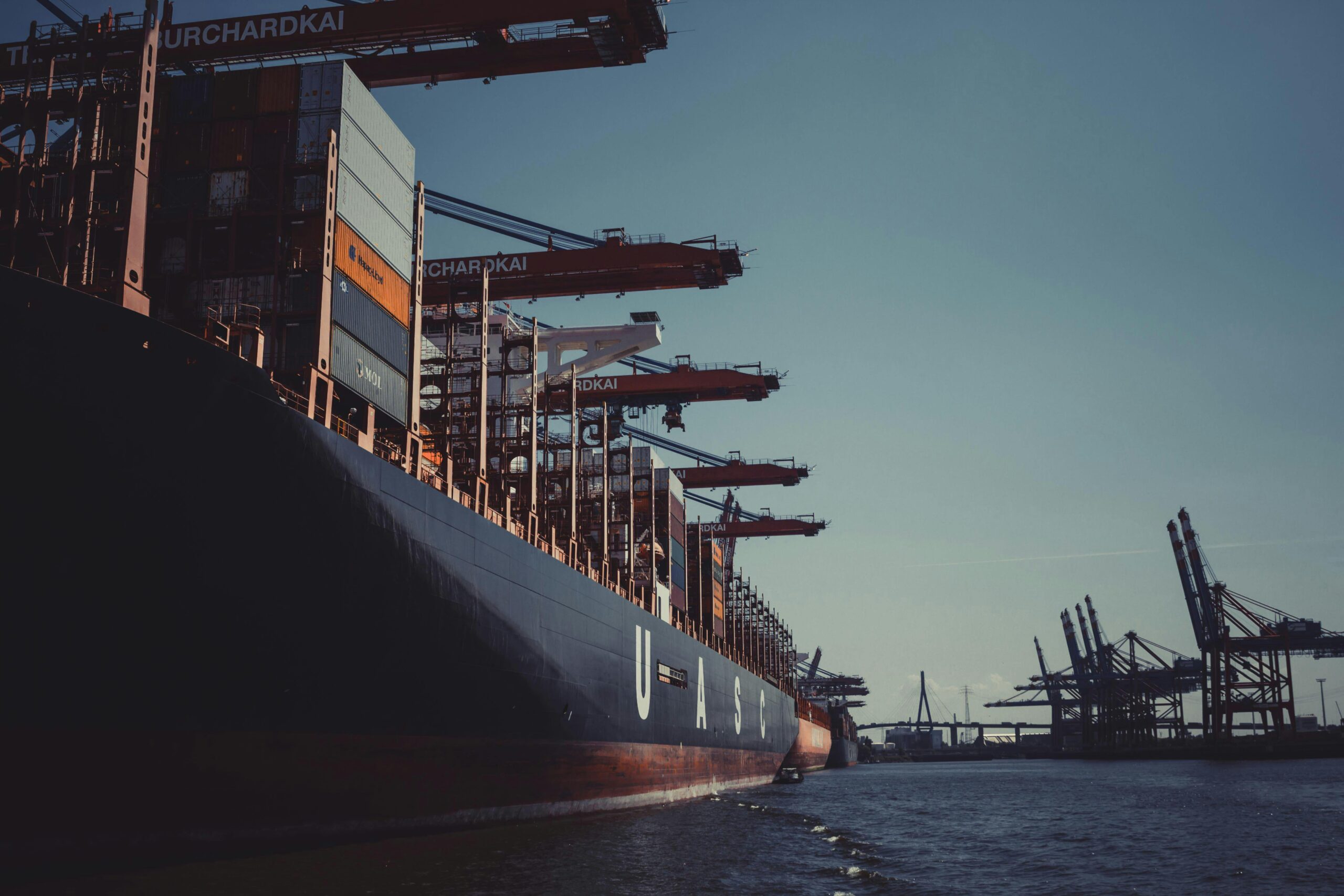This was the first in a three-part virtual seminar series Volterra Fietta are hosting throughout January and February. The second and third seminar will focus on the extraction of natural resources in space and the arctic region.
As the world gears up to start the exploitation of mineral resources from the deep sea, this timely seminar examined the latest developments in the field. Deep-sea mining is a potentially lucrative and rapidly developing industry. It has the potential to power the world’s green energy transition. However, it is not without its controversy and legal complications. This seminar explored the future of deep-sea mining as well as those thorny issues. In particular, it examined the International Seabed Authority’s Mining Code, including the most recent stakeholder consultations on the draft standards and guidelines to support the Draft Exploitation Regulations.
Our experienced panellists for this seminar were:
Florentine Vos, Associate at Volterra Fietta. Ms Vos regularly advises States and private actors on the law of the sea matters. She represents States in maritime disputes and has expert knowledge of the international law on deep-sea mining. Ms Vos acts on behalf of States in disputes before the International Court of Justice, including in maritime delimitation disputes. She also represents both investors and States in investor-State arbitrations.
Christopher Williams, Managing Director at UK Seabed Resources, one of the world’s few companies with a deep-sea mining exploration licence. UK Seabed Resources is a subsidiary of Lockheed Martin UK. It is authorised to explore a total of 133,000 km2of the Pacific seabed. Mr Williams is a recognised global expert on deep-sea mining. He has participated in ISA’s stakeholder consultations relating to the draft regulations on exploitation of mineral resources in the international seabed.
Joanna Dingwall, Visiting Lecturer in International Law at the University of Glasgow. Dr Dingwall is also a lawyer to the Scottish Government, advising on law of the sea matters and on legal aspects of Scotland’s offshore renewable energy and the marine environment. Dr Dingwall has a PhD on the international legal system applicable to deep seabed mining beyond national jurisdiction. She has also written extensively on this topic for publications such as the European Yearbook of International Economic Law and the Journal of World Investment and Trade.
Siosiua Utoikamanu, Member of the International Seabed Authority’s Technical and Legal Committee, which develops draft regulation and standards/guidelines on the exploitation of mineral resources in the international seabed. Mr Utoikamanu is a former Finance Minister of Tonga and a former Governor of the National Reserve Bank of Tonga. Mr Utoikamanu is an esteemed and experienced economic consultant. He advises, among others, on international development, fiscal and monetary policy and capacity building in Pacific Island countries.
This event was chaired by Robert Volterra, Partner at Volterra Fietta and Visiting Professor of Law at University College London. Mr Volterra advises and represents governments, international organisations and private clients on a wide range of public international law issues, including the law of the sea. Mr Volterra regularly acts as co‑agent, counsel and advocate before the International Court of Justice and ad hoc international arbitration tribunals, including under the UNCLOS rules. Mr Volterra is on the UK Attorney General’s A-list for public international law practitioners. He has advised States and mining companies in relation to deep-sea mining.
For any queries regarding the content of the seminar, please email florentine.vos@volterrafietta.com.
